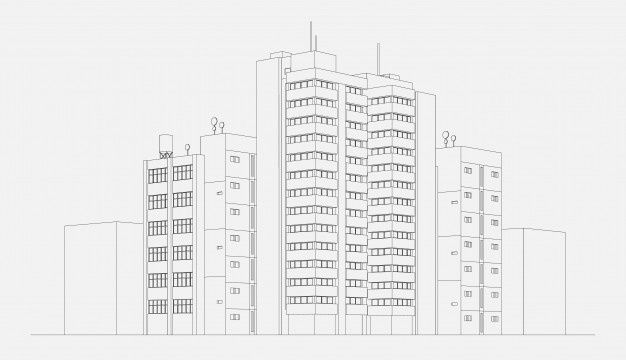
Carbon footprint is defined as the total emissions of CO2 generated by a single person or group. This is based on the level of consumption of fossil fuels, your lifestyle, and many other factors. While you may think your home is just sitting there, it could in fact be using almost 40% of our resources. Your home uses more energy than driving cross country or flying around the world.
A new green home can have a reduced carbon footprint in several ways but even in your current home, there are plenty of things you can do to reduce your own and your family’s carbon footprint. First, we need to know what our carbon footprint actually is. Online calculators are available that take into account the size of your family, year, model, and number of miles you drive, how often you fly, the efficiency of your home appliances, and even your diet and how much you recycle.

On average, “home heating and cooling” accounts for 17% of all global emissions; “other home energy uses” takes up another 15%; and “stuff you buy” (presumably some of it for your home) is another 26%. If you want to reduce the carbon footprint of your house, there are some easy steps you can take.
Hardly Any Work

There are several minor changes you can make in your current home without too much hassle that will end up lowering your carbon footprint and probably your energy bill. Reducing standby power consumption is a great start. Appliances like TVs and lamps don’t lay dormant until we press a button; they are using standby power, also known as vampire energy. The EPA estimates that over 10-billion dollars are spent every year on energy for appliances that are plugged in, but not in use. If you don’t want to unplug, invest in an energy saving power strip that does it for you.
If you don’t already, start recycling. Purchase LED light bulbs to replace incandescent ones around the house. Pick up the phone and call your power company to switch to a renewable energy plan (you might be surprised how readily available sustainable electricity is). There are plenty of small changes that can make a big difference to your carbon footprint.
A Little Work

If you want to take your carbon footprint reduction one step further, start looking at the bigger picture. Large appliances such as refrigerators, dishwashers, electric ovens, washing machines, and dryers can all come in energy-efficient models. Add insulation to your home or weather stripping to your doors to reduce your heating and cooling needs. Consider adding solar panels to your home.
If you’re feeling really ambitious, try to reduce your junk mail. Spend an afternoon calling the catalogs and advertisers sending you useless paper. Switch to paperless for all banking and utility accounts and ask not to receive promotional letters. Just think of all the time you’ll save later when you don’t have a pile of junk mail to sort through.
Brand New Build
Reducing your home’s carbon footprint is easy when you build a custom home or choose a green alternative for your next project. Precision structural engineering is proud to offer sustainable choices such as bamboo structures, insulated concrete forms, rammed earth and more. Our dedication to green building means you get construction without the destruction.


